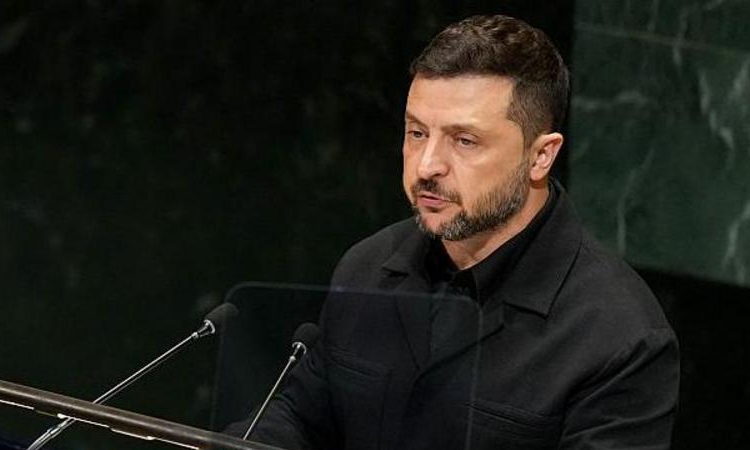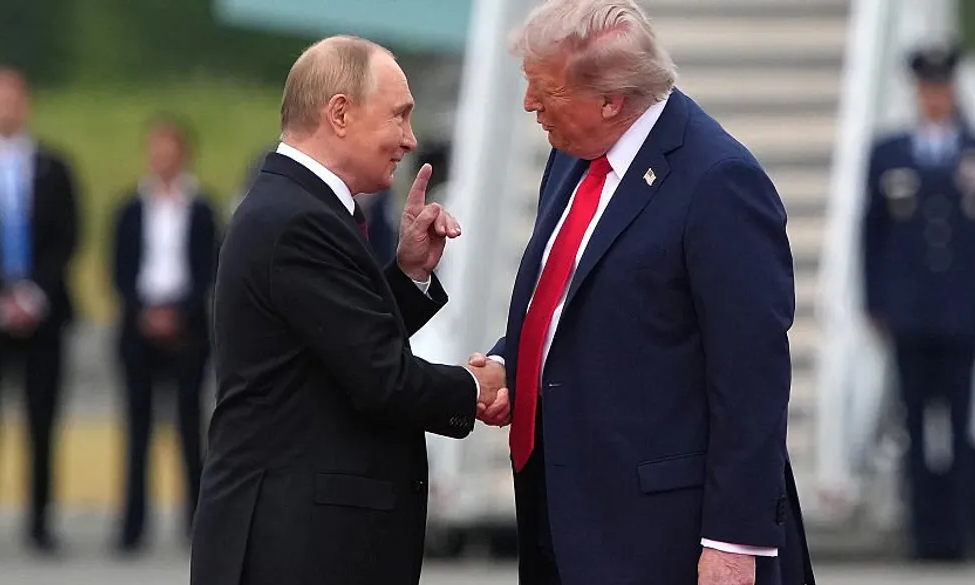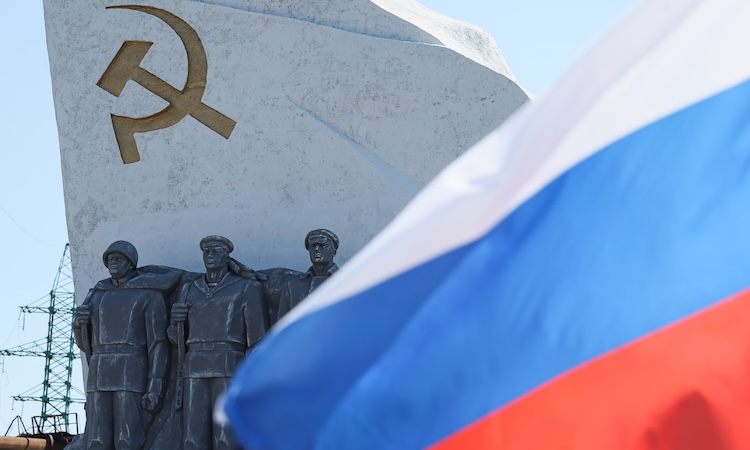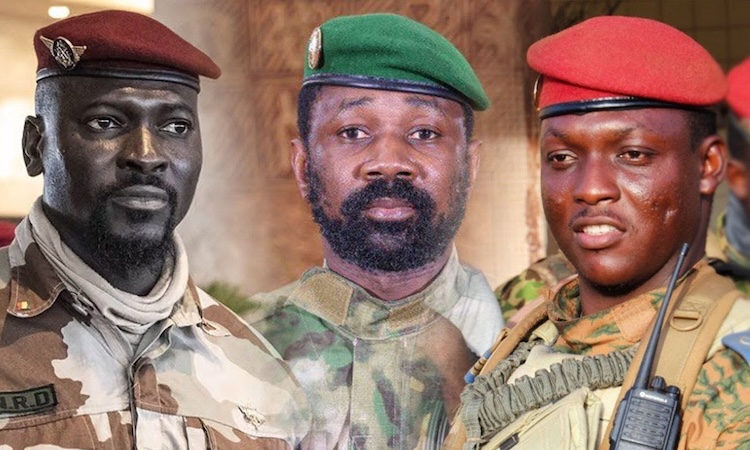In his recent video The War in Ukraine Explained, YouTuber the Finnish Bolshevik makes many reasonable points about Nato in the context of the current war in Ukraine, rightly pointing out the western imperialist alliance’s escalating provocations aimed at Russia. This line of argument is in direct contradiction to the stance he goes on to take towards Russia, however.
With regards to Russia, he talks about its “annexation” of Crimea and its “invasion” of Ukraine as signs of imperialist aggression, declaring that Russia is an “imperialist power”.
His justification for making this claim is that Russia is capitalist. He claims that the Russian operation in Ukraine has been launched for “geostrategic reasons” – ie, in the interest of Russian monopoly profits – and that Russia wants to take over Ukraine in order to control its markets and exploit its labour. No evidence is given to back up any of these assertions.
In support of this line of argument, the Finnish Bolshevik refers his viewers to the equally dire positions taken by the revisionist communist parties of Greece (KKE) and Sweden (SKP). He does not mention the very different narrative of the Communist Party of the Russian Federation (CPRF), also a revisionist party but one operating outside Nato’s sphere of influence.
(As a side note, the CPRF won 19 percent of the vote in the 2021 Russian legislative election. Not bad in a country that our Finnish Bolshevik claims is guilty of “repressing communists, just like the Nazis do”. The communists in Ukraine, on the other hand, were outlawed several years ago and have been subject to persistent persecution ever since the Maidan coup.)
As Marxist-Leninists, we must hold firm to the understanding that a country can only be classified as imperialist if it really meets all (and doesn’t just appear to meet one or two) of the criteria laid out so carefully by VI Lenin a century ago.
To be an imperialist power it is not sufficient just to engage in international trade or to have a meaningful defence capacity. It is not trade but a reliance on the superprofits brought in through the export of capital by monopolist financiers that indicates that an economy is moving from the lower stage of capitalism to the higher, monopolist stage (imperialism). And it is not a military capability per se that proves aggressive intent, but the use that military is put to. (See the end of this article for Lenin’s full definition.)
An extremely useful article by Stansfield Smith written for the Monthly Review in 2019 was titled Is Russia imperialist? Smith made an excellent and detailed analysis of this question, providing facts and figures to demonstrate that Russia fails to meet even one of the five criteria given by Lenin.
For those wishing to make their own serious study of this question (as opposed to wanting to back up an uninformed viewpoint with a cherry-picked quotation or two), Lenin’s Imperialism: the Highest Stage of Capitalism must be their essential starting point.
Anyone who tries to allege this or that country’s ‘imperialism’ without making a convincing, point-by-point case for arriving at such a conclusion should be treated as a provocateur; as someone who wants to sow confusion amongst the workers and demobilise their ability to act in opposition to the criminal aggressions of our rulers.
As a quick rule of thumb, if a country outside Nato is being targeted by countries within Nato, we can be pretty sure it’s not imperialist. And if one finds oneself on the same side as the Trotskyist purveyors of imperialist misinformation on such an important question, it’s probably time to do some soul-searching.
______________________________
A reminder: Lenin’s definition of imperialism
To be considered imperialist (monopoly capitalist), a country must fit the following five criteria:
- the concentration of production and capital has developed to such a high stage that it has created monopolies which play a decisive role in economic life [where are the Russian monopolies dominating our lives today?];
- the merging of bank capital with industrial capital, and the creation, on the basis of this ‘finance capital’, of a financial oligarchy [Russia’s richest capitalists are involved predominantly in industry not finance; only one of the world’s top 100 banks is Russian, the state-owned Sberbank];
- the export of capital as distinguished from the export of commodities acquires exceptional importance [Russia’s biggest exports are raw materials, not capital; where are the Russian finance capital trusts and monopolies exploiting the labour of the world and repatriating their wealth to Russia?];
- the formation of international monopolist capitalist associations which share the world among themselves [such cartels do of course exist, but they do not include Russian monopolies];
- the territorial division of the whole world among the biggest capitalist powers is completed [such division has indeed taken place, but Russia was not a party to the division and does not reap the spoils of imperialist domination and war; indeed, its main crime is to come to the defence of those fighting off imperialist attack (Syria, eastern Ukraine) and to try to keep its own territory free of imperialist domination and superexploitation].
















